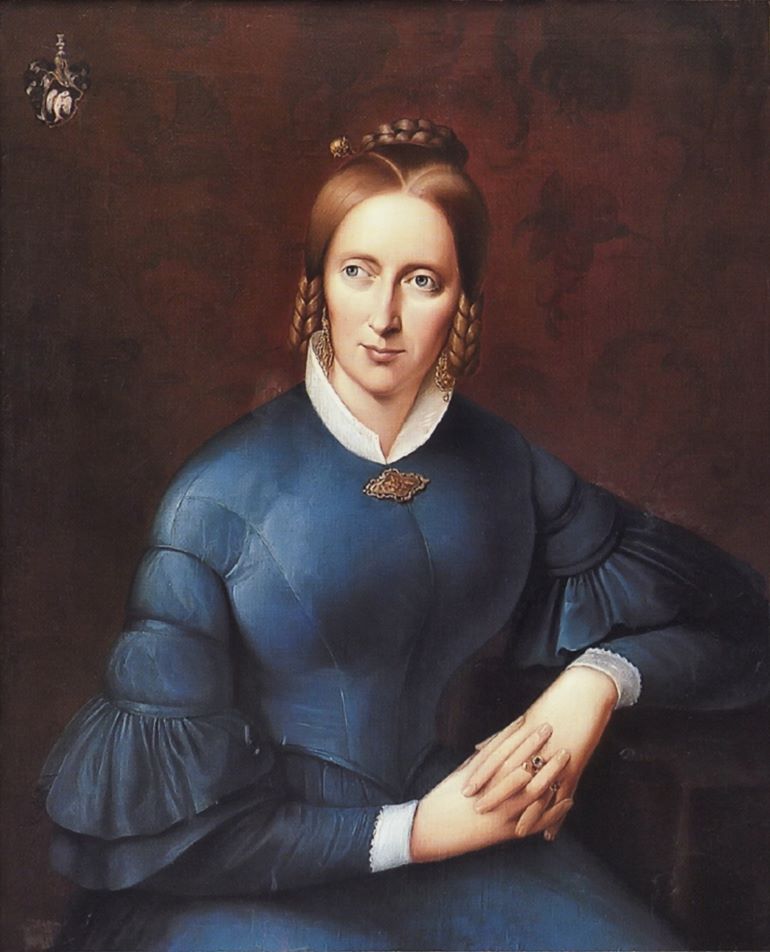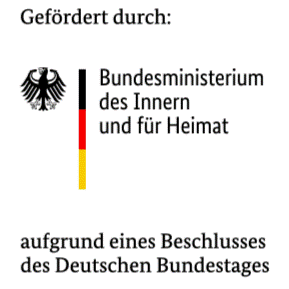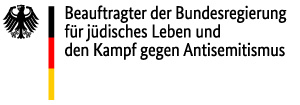Annette von Droste Hülshoff
(born 1797 at Hülshoff Castle near Münster – died 1848 in Meersburg)
"Take me as God made me, And bestow upon me no unfamiliar features!"
Annette von Droste-Hülshoff found through writing the opportunity to rebel against rigid role models. Anna Elisabeth Franzisca Adolphina Wilhelmina Ludovica Freiin von Droste zu Hülshoff is the full name of this poet and composer, one of the most important German-speaking poets of the 19th century. A Catholic who came from one of the oldest aristocratic families in Westphalia, she lived in an era when traditional role models determined the everyday lives of men and women. Uncharacteristically for her time, she received a comprehensive education in her parental home that exceeded what girls—including those from the aristocratic class—were usually allowed to receive. With her artistic work, she sought to break free of straight-laced social constraints. She became known above all for her landscape poetry and the “Westphalian Descriptions” in her only completed novella, Die Judenbuche (Eng. publication title: The Jew’s Beech) of 1842. Annette von Droste-Hülshoff died following a long illness at the age of 51, but her wish that she would still be known and her work read in 100 years has come to be.
* Droste-Hülshoff, A. von, “An einen Freund” (To a Friend), in: Winfried Wörsler(ed.) Annette von Droste-Hülshoff. Historisch-kritische Ausgabe (Historical-Critical Edition), Vol. II,1, 1994.






